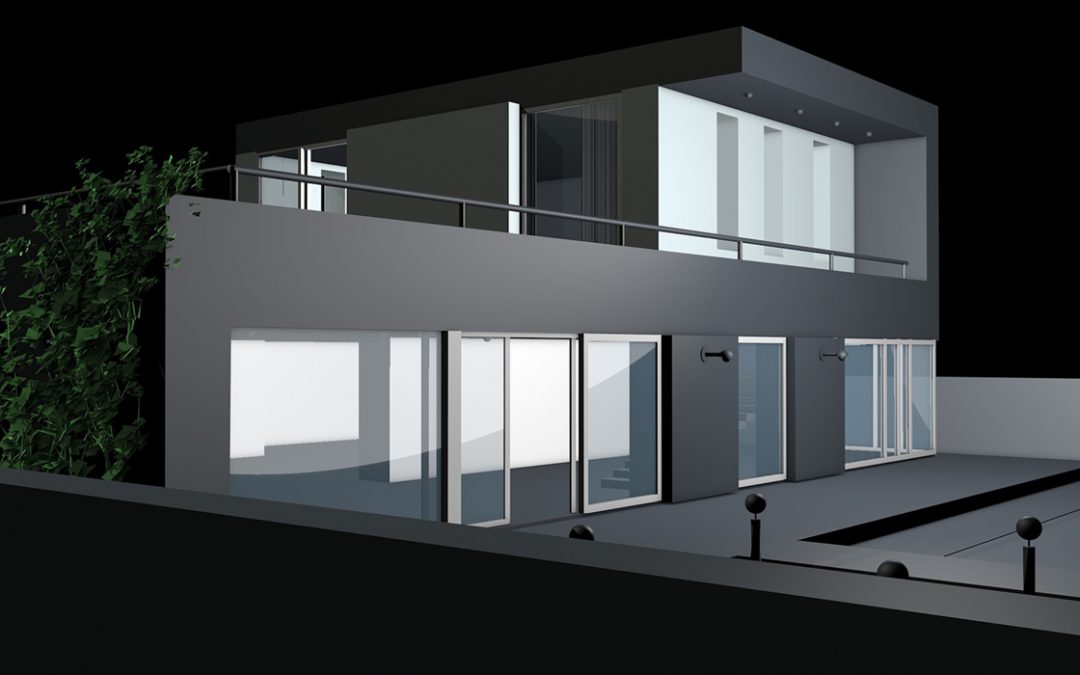[vc_row][vc_column][vc_column_text]One of the questions that the writer as a practitioner is asked regularly by stockholders and their like is the sustainability of the payment of rents in foreign currency $USD and £Sterling, particularly the luxury real estate market.
For those who may not know this market is catching on fast especially on the Island, Ikoyi, Victoria Island, Lekki and even as far as Victoria Garden City. There have also been records of a few of such transactions on the Mainland, namely Ikeja GRA, Shonibare Estate.
Luxury and serviced apartments command rental values starting from about $30k per annum up to $100,000 for the penthouse suites.
The serviced terrace and detached houses attract rents in the range of $50k to over $150k. These rents are usually net of all taxes and more often than not, paid 2-3 years in advance.
These luxury apartments were introduced into the country as far back as 15 years ago with the completion of AIM PLAZA an office / residential complex in Victoria Island. Rental Values for apartments in the PLAZA started from $25k and it was fully taken up by expatriates. At that point in time the Nigeria currency was losing value rapidly and transaction needed to be concluded in currencies that had a measure of stability. This was obviously in the interest of both lessee and lessor. Secondly a lot of the expatriates who took the units were here on contract fixed periods and their employers found it cheaper and more convenient to house them in the serviced apartments.
The apartments came with soft and heavy furnishing, electricity, security, porters services and even cleaning of the apartment. For these services the tenants are supposed to pay a service charge.
Basically, it can be said that the inefficiencies in our system and economy gave rise to this niche in the real estate market.
The luxury real estate market exists all over the world where investors pay a premium to take an interest in the properties. The parameters for luxury are however very different from the Nigeria situation.
As to their sustainability we only need to look inwards to determine whether the factors that gave rise to the need to provide serviced apartments are still present in our system.
Today, public supply of electricity is still as suspect as it was 15-20 years ago. This is despite the promises and assurances of government at all levels.
The levels of insecurity are still far from comfortable and as will be seen from the security advisory’s on the websites of many European and American Embassies, visitors to Nigeria are advised to limit their movements and as much as possible reside in apartments where they have the company of their own nationals.
These serviced apartments offer this.
The spate of lawlessness kidnapping of expatriate oil workers in the Niger Delta will only increase the demand for serviced apartments in Lagos. The prognosis is that there will be a huge influx of these expatriates back to Lagos which offers a higher measure of security than the Niger Delta. Their businesses will be run from here.
As the economy takes a slow but gradual upswing, the influx of business men from around the world to Nigeria in search of deals increases. With an average hotel room of $250 – $370 per night, those who have plans to spend time here would rather take up leases in the serviced apartments.
The location of these luxury real estate developments, in the high brow neighbourhoods of Ikoyi, Victoria Island and their like, with its high rental and capital values, only makes it imperative that to assist the amortization of such investments, rents are denominated in currencies that offer some measure of stability.
There is also an acknowledged shortfall of supply of quality developments compared to the demand. Real Estate industry operators put the figure of supply at about 20/25% of demand. The implication of this is that where the properties are developed, they are lease out at a premium which sometimes includes payment in foreign currency.
The inelasticity of supply of real estate developments also makes it difficult to increase output to meet demand as in the case of consumable item. From site acquisition to handover of keys of a development can take 12-36 months depending on the size of the development. As it goes, by the time the development is completed and hitting the market, the demand has moved a notch higher. And so more often than not, the cycle continues.
In effect, what our luxury developments offers the tenants in terms of services are items that are taken for granted in other climes, i.e. security stable electricity, interrupted water supply, claming etc. Many of the expatriates who pay for these services here, are only paying a premium to enjoy the comforts that are basic services in their home states. However, there is also the issue of ensuring that they are focused on their core activity i.e. their main business concern, rather than get caught up in the search for water, for domestic use and diesel to run their generators particularly with the epileptic availability of these in our environment.
In the final analysis, the writer is of the opinion that the luxury property market and payment of rents in foreign denominated currencies can be sustained. As mentioned earlier, this is a niche market that has developed as a result of the inefficiencies in the provision of social and public infrastructure in our society, i.e. stable electricity, water security etc.
As long as these inefficiencies remain, the market for such developments will thrive. It can even be … that even when these inefficiencies are indeed resolved, it will take a couple of years for the full fruit of the public to prevail.[/vc_column_text][/vc_column][/vc_row]

